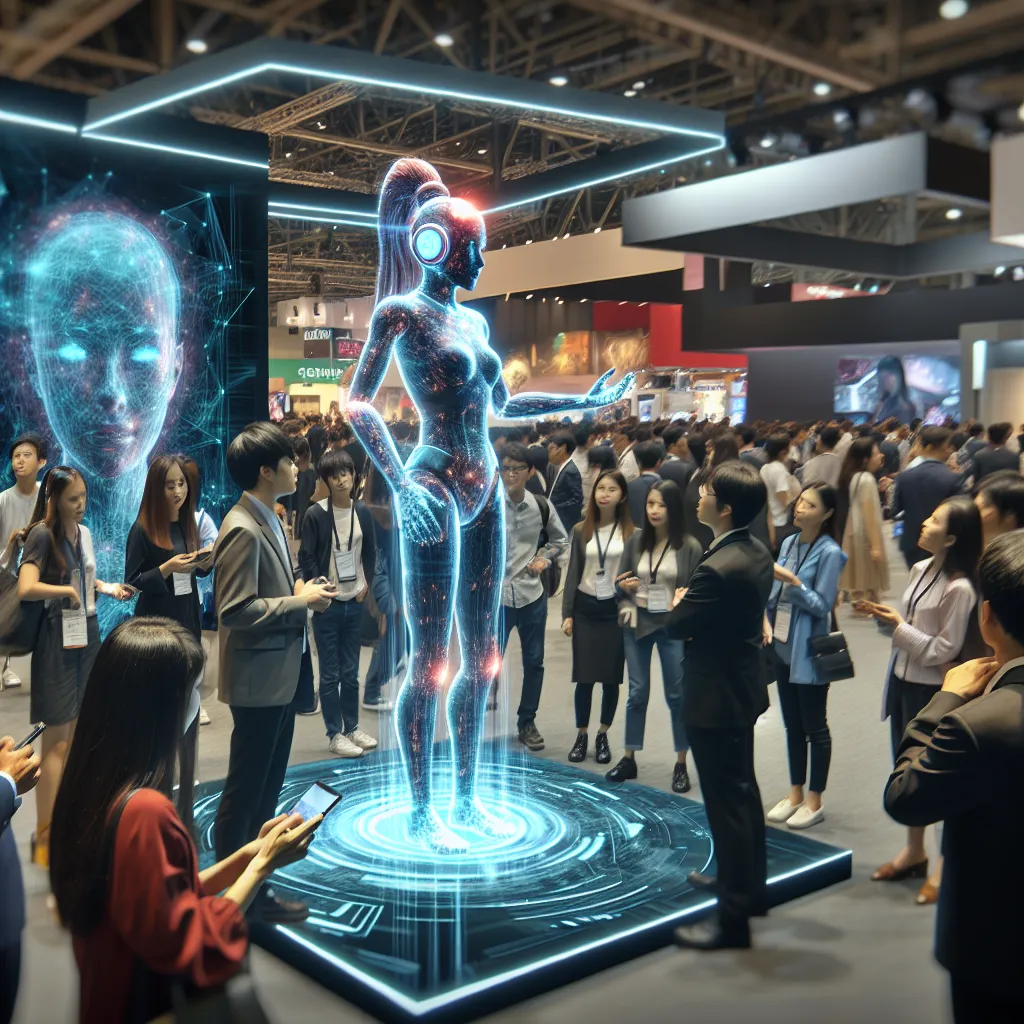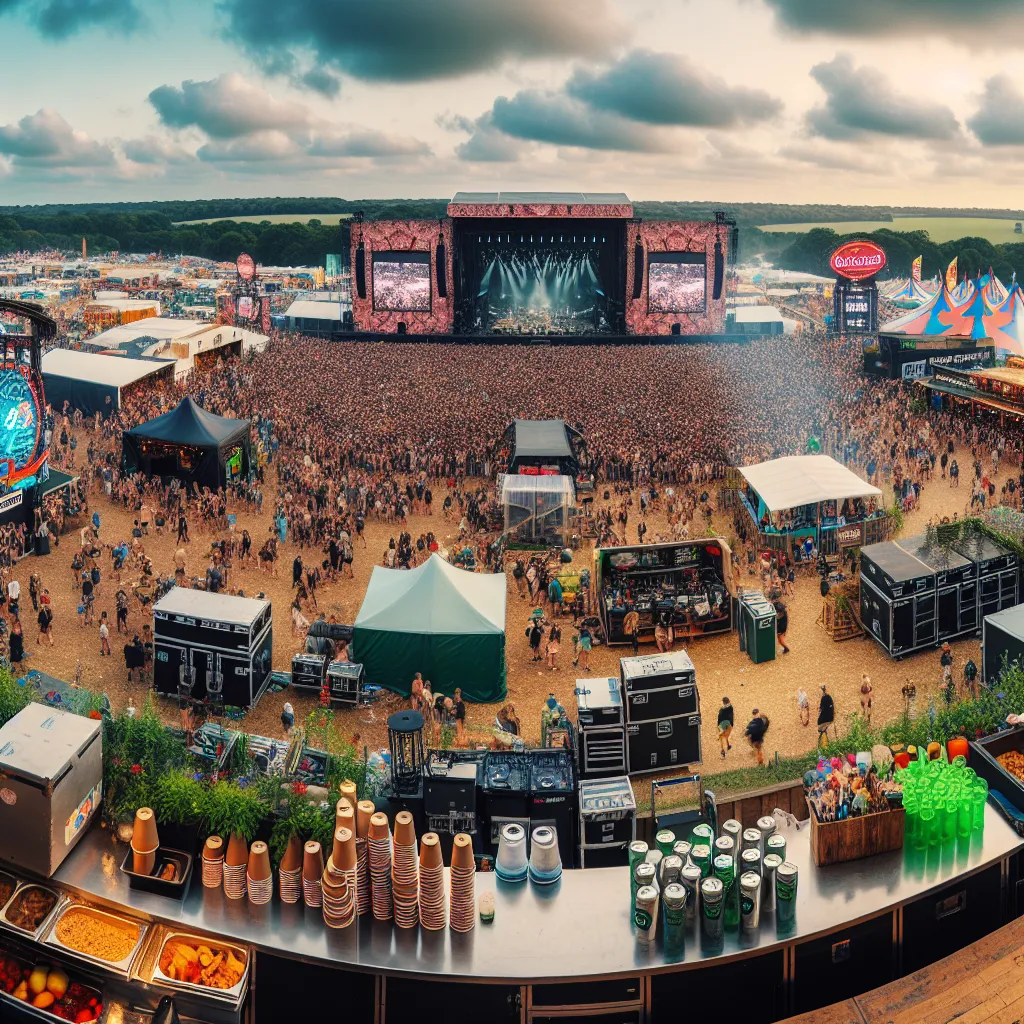Revolutionizing Event Experiences with Emerging Technologies
Emerging event technologies are revolutionizing the way we experience events, offering a glimpse into the future of immersive and interactive experiences. From virtual and augmented reality to artificial intelligence and live streaming, these technologies are shaping the landscape of events across industries. By leveraging these emerging technologies, event organizers can create unique and engaging experiences that captivate attendees and leave a lasting impression.
Virtual and augmented reality are transforming traditional events into interactive and captivating experiences. These technologies allow attendees to immerse themselves in virtual environments, explore 3D models, and interact with digital elements, adding a new dimension to events. Artificial intelligence is also playing a crucial role in revolutionizing event experiences, from personalized recommendations and chatbots to predictive analytics that enhance event planning and management.
Live streaming technology has redefined the reach of events, enabling organizers to connect with a global audience in real time. Whether it’s a conference, product launch, or concert, live streaming extends the impact of events beyond physical limitations, allowing people from around the world to participate and engage. Additionally, interactive technologies such as gamification and gesture control are adding an element of fun and engagement to events, fostering meaningful interactions and creating memorable experiences for attendees.
As these emerging event technologies continue to advance, the future of experiences is being shaped by their potential to create dynamic, immersive, and personalized events. By staying at the forefront of technological innovation, event organizers can amplify the impact of their events and set new standards for experiential engagement.
The Rise of Virtual and Augmented Reality in Event Planning
Emerging event technology is rapidly shaping the future of experiences, with virtual and augmented reality taking center stage in event planning. The rise of virtual and augmented reality has revolutionized the way events are conceptualized, planned, and executed, offering an immersive and interactive experience for attendees.
Virtual reality (VR) technology allows event organizers to create simulated environments that transport attendees to any location or setting, providing a truly engaging and memorable experience. Whether it’s a virtual tour of a venue, a 360-degree product showcase, or an interactive gaming experience, VR adds a new dimension to event planning.
On the other hand, augmented reality (AR) overlays digital content onto the real world, offering unique opportunities for enhancing live events. From interactive AR scavenger hunts and informational overlays to AR-powered navigation and wayfinding systems, the possibilities for incorporating AR into event planning are virtually endless.
Furthermore, the integration of VR and AR into event planning provides valuable data and analytics, enabling organizers to gather insights into attendee behavior, engagement levels, and preferences. This data-driven approach allows for more personalized and targeted experiences, ultimately enhancing overall satisfaction and ROI for event organizers.
As VR and AR technologies continue to advance and become more accessible, their role in event planning will only grow, leading to a future where virtual and augmented reality are seamlessly integrated into the fabric of events, providing unparalleled experiences for attendees.
Innovative Event Tech: Enhancing Engagement and Interaction
Emerging event technology is reshaping the landscape of experiences, with innovative event tech taking center stage in enhancing engagement and interaction. In today’s digital age, event organizers are leveraging cutting-edge tools and platforms to create immersive and interactive experiences for attendees.
One of the key aspects of innovative event tech is its ability to enhance attendee engagement through personalized experiences. With the use of data analytics and AI-powered solutions, event organizers can gain valuable insights into attendees’ preferences and behaviors, allowing for the creation of tailored experiences that resonate on a deeper level.
Furthermore, interactive technologies such as augmented reality (AR) and virtual reality (VR) are revolutionizing the way attendees interact with event content. These immersive technologies transport attendees into virtual environments, enabling them to engage with products and services in a highly interactive and memorable manner.
Another noteworthy development in event tech is the rise of live polling and Q&A platforms, which empower attendees to actively participate in sessions and provide real-time feedback. This interactive element not only fosters engagement but also creates a sense of inclusivity, as attendees feel directly involved in shaping the event experience.
As events continue to evolve in the digital era, innovative event tech will play a pivotal role in driving meaningful engagement and interaction, ultimately shaping the future of experiences for both organizers and attendees alike.





